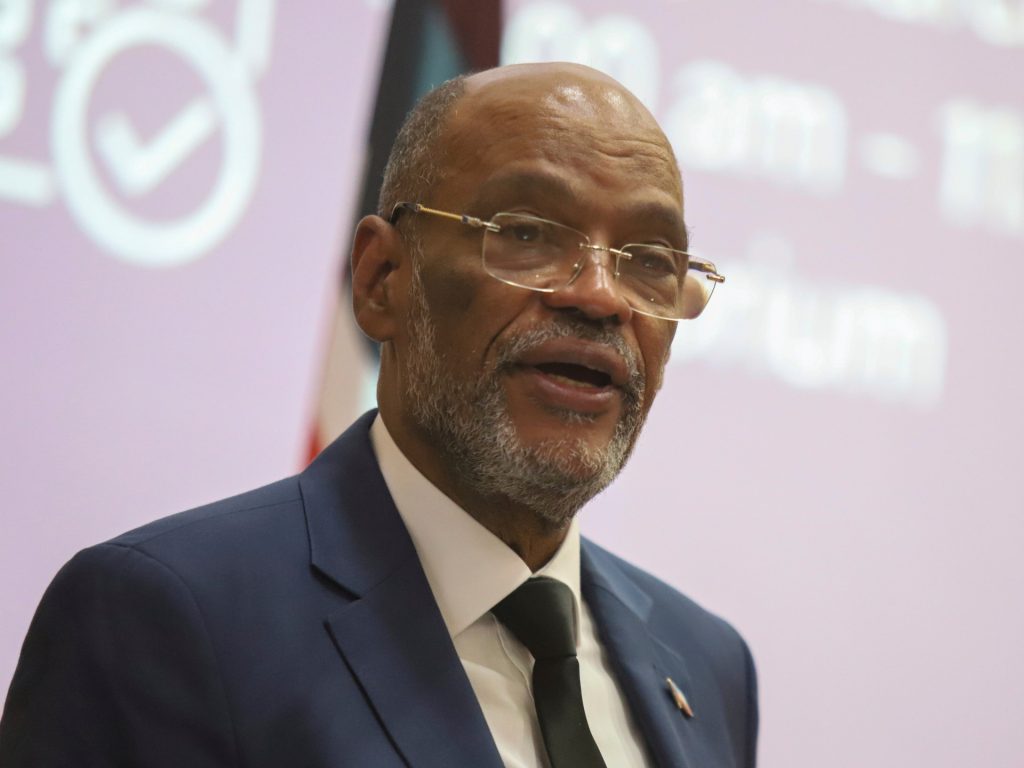Haiti is going through a period of political and security crisis, with Prime Minister Ariel Henry resigning and a transitional council being installed to lead the country. Gang violence, which has been prevalent in the capital city of Port-au-Prince, has escalated, leading to widespread insecurity and displacement of hundreds of thousands of Haitians. The transitional council, with seven voting members, will aim to establish a new government, a provisional electoral commission, and a national security council to address the ongoing crisis.
The appointment of the transitional council comes after a series of attacks on Port-au-Prince orchestrated by an alliance of powerful gangs. Henry’s resignation and absence from the country, reportedly under the protection of the United States Secret Service, have added to the uncertainty surrounding Haiti’s future. The international community has called on the council to prioritize addressing insecurity and violence, which have claimed the lives of many Haitians and forced thousands to flee their homes.
Ariel Henry was appointed as prime minister shortly before the assassination of President Jovenel Moise in 2021 and came to power with the support of the US and other Western countries. However, widespread corruption, poverty, and failed state institutions have contributed to Haiti’s long-standing crises, leading many to question the role of foreign interventions in the country’s affairs. Despite concerns about the effectiveness of the Haitian national police in addressing violence, some advocates believe that foreign involvement will only exacerbate the situation.
The formation of the transitional council is seen as a critical step towards restoring stability in Haiti, with plans for holding elections in 2026 and addressing the root causes of the country’s instability. Gang leaders have expressed discontent over their exclusion from the transitional negotiations, raising concerns about how they will respond to the new council. The challenges facing the council are immense, with the need to address widespread insecurity, displacement, and hunger among the Haitian population.
Before the latest wave of attacks, gangs already controlled a majority of Port-au-Prince, contributing to a spike in violence and an increase in the number of internally displaced Haitians. The urgency of the situation has prompted the international community to call for swift action to address the crisis and prevent further escalation. With the transitional council now in place, there is hope that a path towards stability and progress can be charted, although the challenges ahead remain daunting.
While Haiti’s future remains uncertain, the installation of the transitional council marks a new phase in the country’s efforts to address its ongoing crises. With the support of the international community and a commitment to prioritizing security and stability, there is hope that Haiti can overcome its challenges and build a more peaceful and prosperous future for its people.















